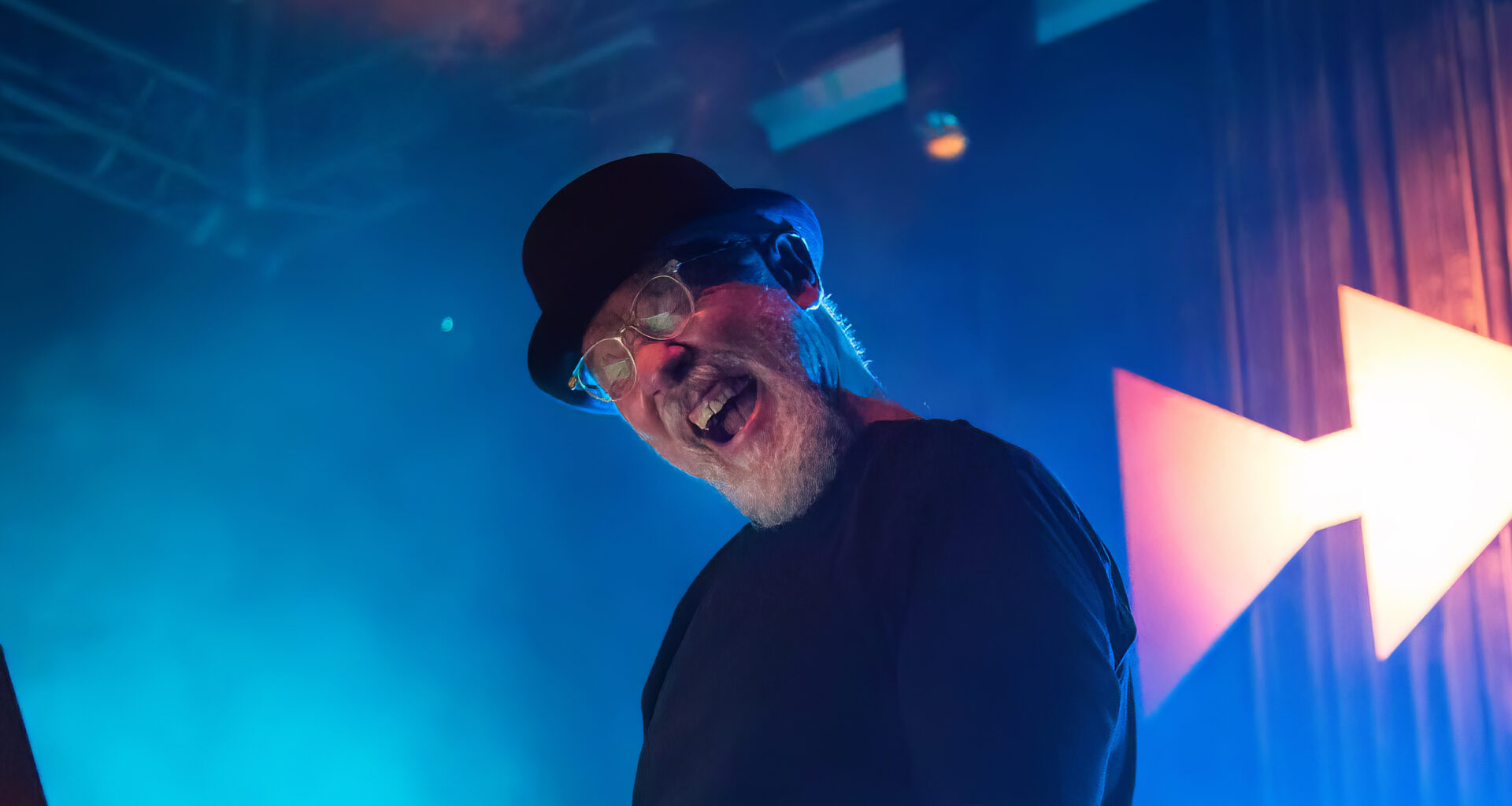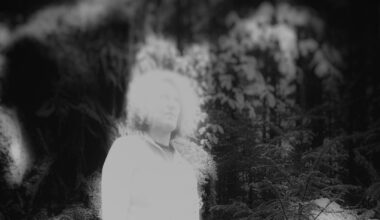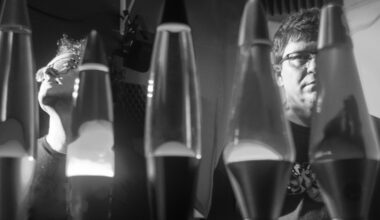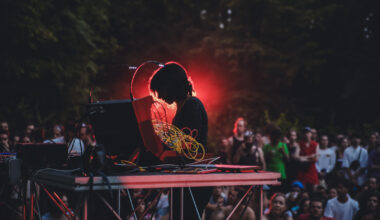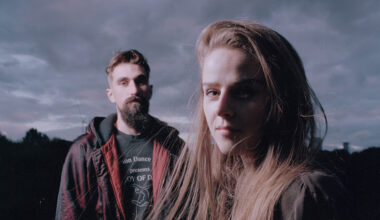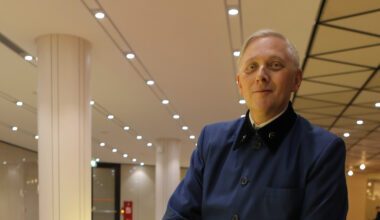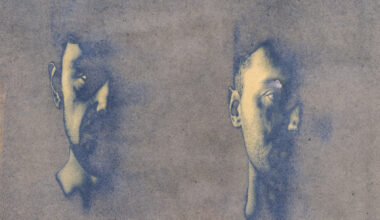Having been part of Ash Ra Tempel and its Ashra reincarnation, as well as Wallenstein and the legendary Cosmic Jokers, Harald Grosskopf is krautrock royalty. His scintillating 1986 solo release, ‘Oceanheart’, is now being reissued and given a contemporary rework by the man himself
Want to read more?
Sign up to Electronic Sound Premium to gain access to every post, video, special offers, and more. 100%, all you can eat, no commitment, cancel any time.
Already a premium member? Log in here
